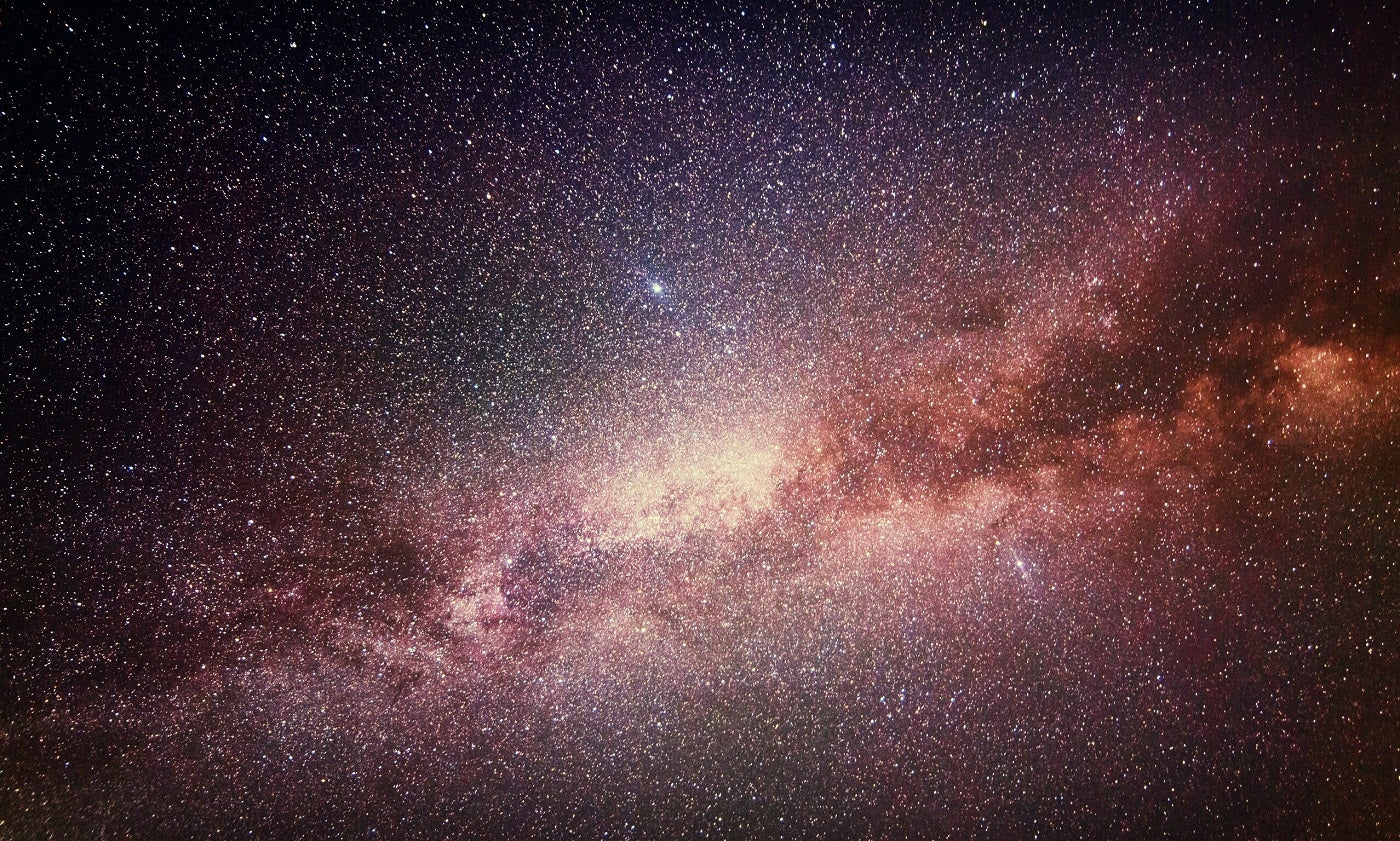The universe won't end with the Big Crunch but the Big Rip, scientist claims
Galaxies and atoms will be torn apart

If the thought of the universe collapsing in on itself wasn't bleak enough, a new theoretical model envisions something even more apocalyptic – every atom being ripped apart.
The Big Rip would see everything from galaxies to planets to moons to matter to space-time itself torn apart, a conclusion to the generally accepted Big Bang theory that wouldn't happen for around 22 billion years.
"The idea of the Big Rip is that eventually even the constituents of matter would start separating from each other," Dr Marcelo Disconzi, the mathematician leading the work at Vanderbilt University in Tennessee, told The Guardian.
The cosmological hypothesis states that the altering ratio between dark energy pressure and its energy density in the universe would lead to it being pulled apart.
"You’d be seeing all the atoms being ripped apart, it’s fair to say that it’s a dramatic scenario," he added, putting it lightly.
The idea was first put forward in 2003, with Dartmouth College's Robert Caldwell calculating the time from the present to the end of the universe to be:

This would put us about a third of a way through existence as we know its lifespan, with the Big Bang thought to have occurred 13.8 billion years ago.
Disconzi admits he is not certain about his theory however.
"The only thing we definitely know is that the universe is expanding and that the rate is accelerating," he said. "That’s about the only thing we know for sure."
Other theories for the ultimate fate of the universe include the Big Freeze, the Big Bounce, heat death and a multiverse with no complete end.
Join our commenting forum
Join thought-provoking conversations, follow other Independent readers and see their replies
Comments
Bookmark popover
Removed from bookmarks